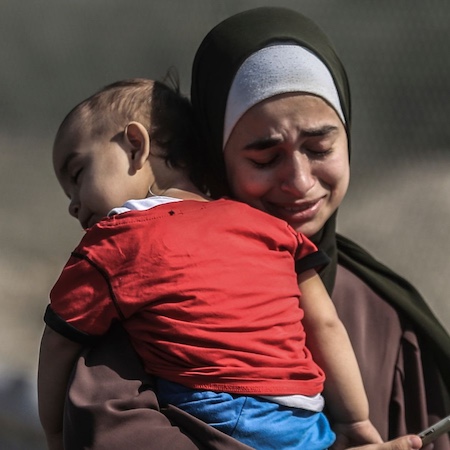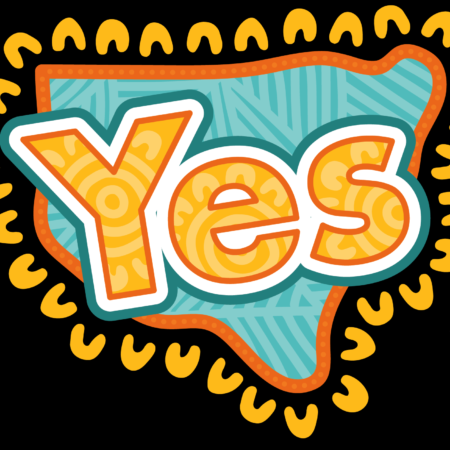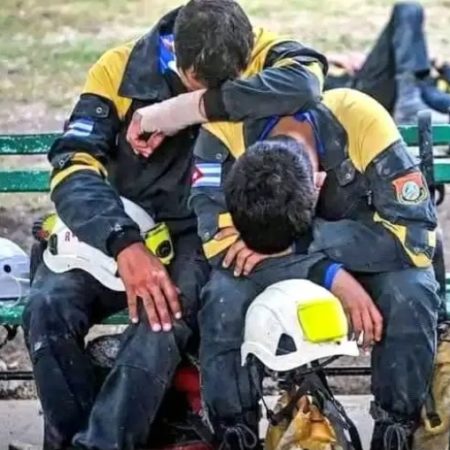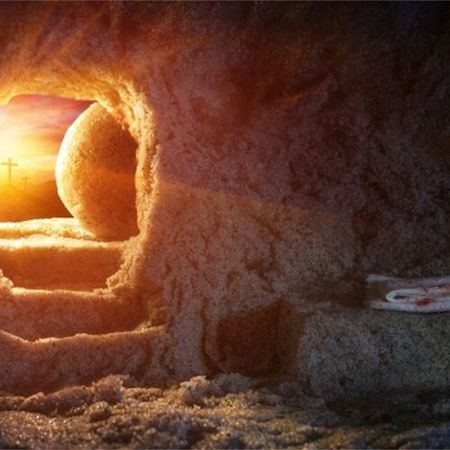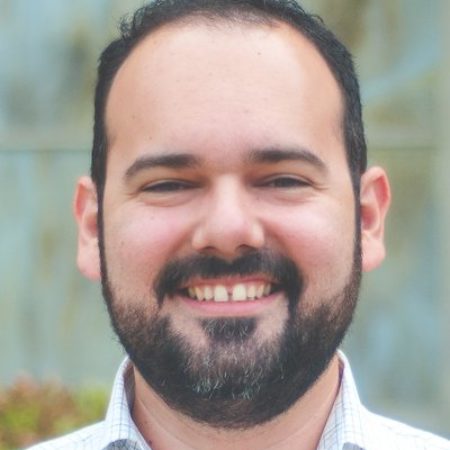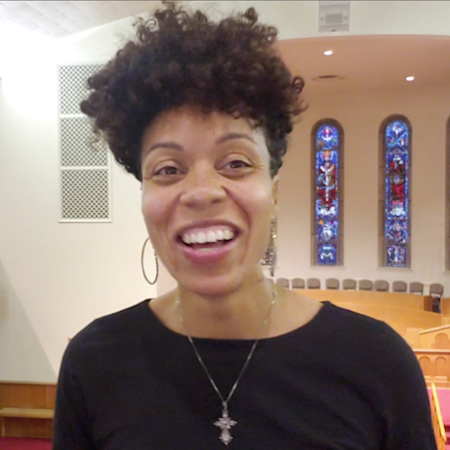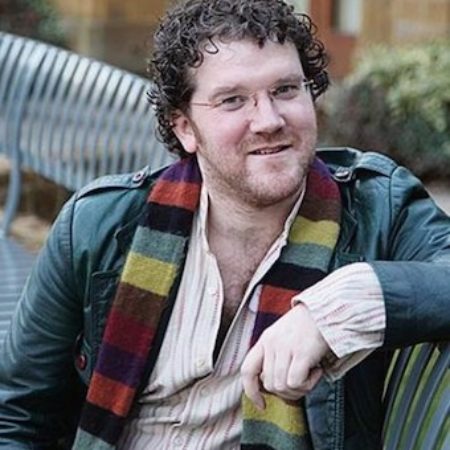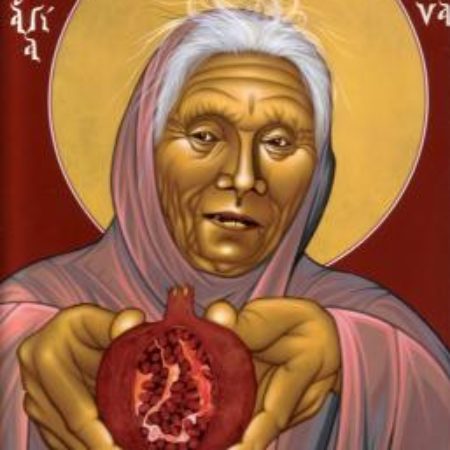God reaches out to us through babies and elderly folks with a message of love and redemption that cuts through the theological justifications of empire and warmongering and calls us to peace.
Sermons on Justice
In order to recognise and cooperate with what God is doing, we often need to recognise and see past the assumptions that come with our own privilege.
Adversity, violence, and suffering can come as a consequence of not just sin, but of radical love, but with love it can strengthen and sharpen us for fullness of life.
The resurrection of Jesus opens a path and calls us to follow into a life that is no longer dominated by the crucifying powers that destroy some of us and dehumanise others.
The way of blessedness that comes through obedience and submission to God’s will, but the choice lies in our hands.
If we want to understand how Jesus saves us and what Jesus saves us from, we are going to have to abandon the most widely taught explanation.
Jesus calls us to a Resurrection Imagination, praying for courage and discernment on how to use your resources until the dream of a world where there are no poor among us is fulfilled.
As we head with Jesus towards the cross, carrying the pain and injustice of the world, God does not hide his face from us but hears our cries for justice.
In the face of global suffering, we continue to give praise for the power that is working on the side of love, and we unite our power with God’s power until we see God’s will being done.
Jesus shows us that even though there might be many things that don’t seem right to us, we would be wise to let many of them go and only fight the battles that really matter.
What would happen if violence were met with bread, with blankets, with hospitals, with forgiveness of debts?
Whether we have been the oppressor or the oppressed or both, we all have a role in God’s work against violence and exploitation; we can all participate in God’s passion for justice.
Once we recognise that all women, like all men, are made in the image of God, we catch a glimpse of God’s original vision for us, for the day when all people experience God’s radical and abundant love, and the pouring out of justice demanded by that love.
If God seems unjust, we can and should question God’s integrity, for God welcomes our questions in order that the falsehoods might be stripped away and the truth revealed.
God’s anger over injustice and hypocrisy is the hot passionate anger of a lover betrayed and aggrieved, an anger which craves reconciliation and rekindled love, not punishment.
The knowledge that we are loved by God and the tenacious sharing of that love break the power of the world’s systems to lock us in to destructive cycles overwork, over consumption, and compliance with injustice and war.
We seek to live and practice non-violence as the only way to overcome injustice, persecution, tyranny and violence and build cultures of peace.
Every relationship in the universe – between God and creation, between humans, and between humans and creation – is driven by three dynamics: justice, mercy and faith.
All of us, oppressed and powerful, are invited to act against violence and exploitation, to leave behind the oppressive ways and walk towards a new way of life.
Perhaps when law and order perpetuate injustice, God is on the side of the scammers and swindlers.

